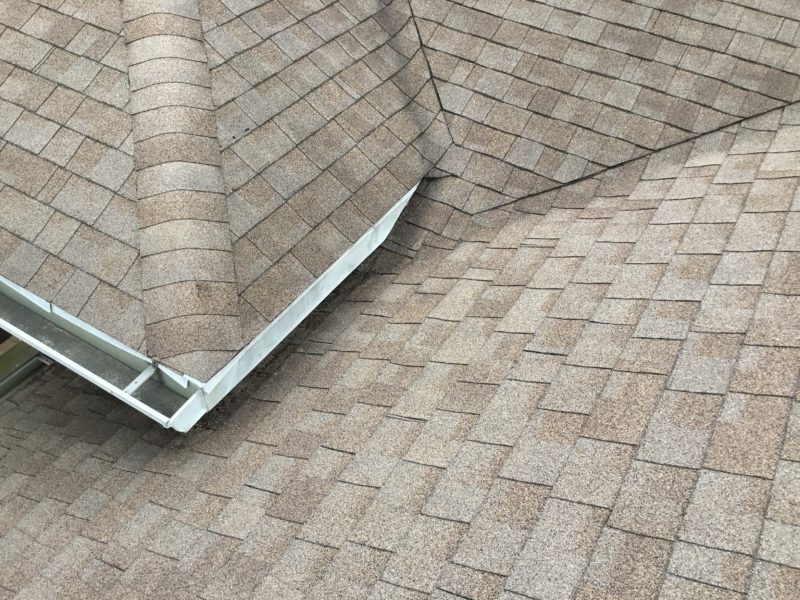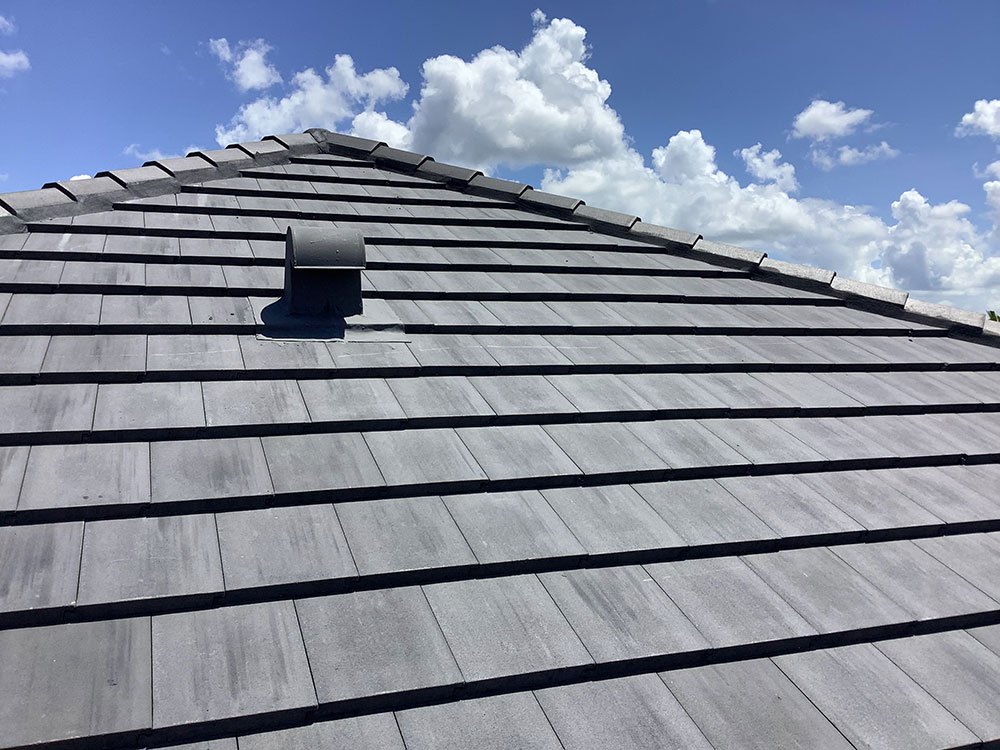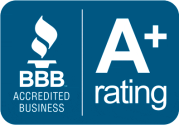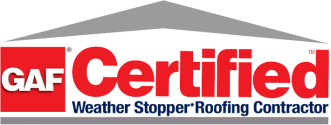Roofing System Types
When it comes to choosing a replacement roof system for your home, there are a lot of options to pick from. Here we will attempt to simplify the process by giving you some information as well as pros and cons of each common roof type we install and replace.
Asphalt Shingle Roof
 Shingle roofing stands out as one of the most prevalent choices for roof installations, offering a multitude of advantages over other materials. The ease of installation is the main benefit, contributing to cost-effectiveness in both labor and time. This simplicity not only translates to lower installation costs, but also ensures a quicker and more efficient process compared to alternative roofing materials. Affordability is another key factor, making shingles a budget-friendly option without compromising on quality or durability.
Shingle roofing stands out as one of the most prevalent choices for roof installations, offering a multitude of advantages over other materials. The ease of installation is the main benefit, contributing to cost-effectiveness in both labor and time. This simplicity not only translates to lower installation costs, but also ensures a quicker and more efficient process compared to alternative roofing materials. Affordability is another key factor, making shingles a budget-friendly option without compromising on quality or durability.
The lightweight nature of shingles is particularly advantageous for steep-sloped structures, enhancing their versatility in various architectural designs. This characteristic not only facilitates easier handling during installation but also minimizes structural stress on the home. Shingles also boast an impressive Class A fire protection rating, ensuring a high level of safety.
The aesthetic flexibility of shingles really makes them stand out as a roofing system. With many colors, styles, and textures to choose from, shingles offer homeowners and builders the creative freedom to match any architectural style. This versatility ensures that shingle roofs not only serve as a practical and durable choice, but also enhances the visual appeal of the home.
PROS: Affordable and cost-effective, easy to install, and shingles come in many colors and styles.
CONS: Can crack and fade in extreme heat, and does not last as long as other roof systems.
Clay & Concrete Tile Roof
 Tile roofs outshine many other roofing materials when it comes to enduring harsh weather conditions. They exhibit exceptional resilience against hurricanes and severe storms, surpassing the performance of most alternatives. With a fireproof nature and a Class A rating, roof tiles offer unparalleled protection.
Tile roofs outshine many other roofing materials when it comes to enduring harsh weather conditions. They exhibit exceptional resilience against hurricanes and severe storms, surpassing the performance of most alternatives. With a fireproof nature and a Class A rating, roof tiles offer unparalleled protection.
If well-maintained, tile roofs boast an impressive lifespan of over 50 years. Whether made of clay or concrete, these tiles have proven their ability to withstand high winds, hail, and fire. Additionally, they remain impervious to insect damage and rot, ensuring long-lasting durability. What sets tile roofs apart is their environmentally friendly composition, crafted from earth minerals and capable of being pulverized and recycled upon removal.
Beyond their robustness, tile roofs contribute to energy efficiency by regulating indoor temperatures. With minimal maintenance requirements and a rarity of leaks, these roofs provide lasting reliability. Tiles, resistant to breakage under typical circumstances, only succumb to damage under heavy impact or due to faulty installation. They are considered one of the priciest of all the roof types, but many would agree that they are worth the investment.
Homeowners have a plethora of choices to match their aesthetic preferences, including concrete, clay, and slate tiles. These tiles come in a diverse array of styles and colors, ranging from Contemporary and Medieval to European styles. For those seeking a more traditional appearance, there are even styles that emulate the look of shingles or wood shakes, ensuring a perfect match for any home.
PROS: Attractive, versatile, and very durable when compared to other roof types.
CONS: Can get expensive. Roof pitch and frame strength must first be assessed due to the weight of tiles compared to shingles. They need to be periodically maintained to avoid mildew, algae, and moss growth.
Metal Roof
Metal roofing systems have many benefits, but their most attractive feature is the ability to start saving you money right away on your energy bill. Metal roofs reflect the sun minimize heat collected inside your home. Combining rigid-foam insulation with a metal roof can help you lower your energy bill even more.
PROS: Long lasting, energy-saving, and 100% recyclable. Resistant to fire, mildew, and rotting.
CONS: Not as affordable a shingles. May get noisy during storms (especially hail storms). Depending on the type of metal used, they can be prone to denting.
Flat Roof
While mostly used on commercial structures, flat roof systems are occasionally used in combination with shingle, tile, or metal roofs on home lanais or patios. While not as attractive as other roof types, they are easy to install and low maintenance.
PROS: Affordable and low maintenance. Can be recycled at the end of useful life.
CONS: Can be prone to leaking if joints are not correctly adhered, and ponding if drainage is not adequate.
When you are ready to replace your roof, we hope you will keep us in mind! If you have any questions, please don’t hesitate to give us a call at (941) 780-8713 or fill out our free quote form here.







